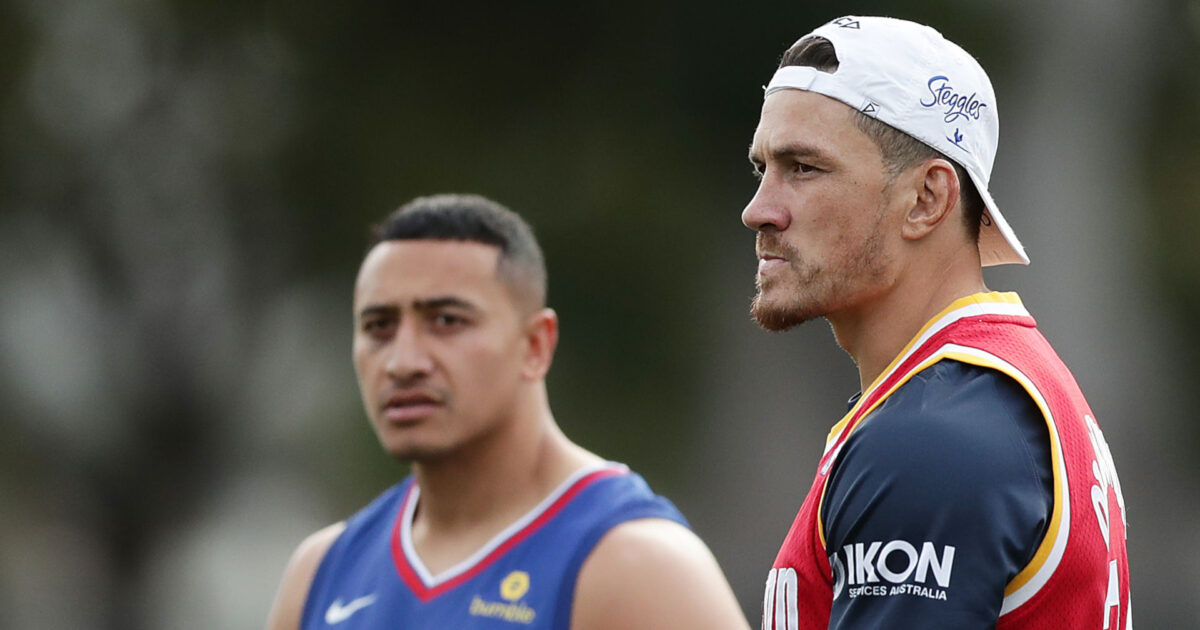Sonny Bill Williams' NRL return falls short of ratings record

Sonny Bill Williams’ NRL return has fallen short of a ratings record, slipping to the third most watched game of the year on Foxtel.
Easily the most hyped match of 2020, some 468,000 viewers tuned in for the Sydney Roosters’ grand-final rematch against Canberra on Saturday night.
The numbers fell marginally below the 507,000 who tuned in for Parramatta’s walloping of Brisbane in round six, and Canberra’s upset win over Melbourne in round three.
Foxtel did, however, claim it as the most streamed game on record with 161,000 of those viewers tuning in via the internet as the dual-international played his first NRL game in six years.
The match was only broadcast via Pay TV and streaming applications, with Nine dropping the simulcast rights for Saturday night games in the run to the finals this year.
But Roosters players were still enjoying the hype on Monday and expect teams to continue to go after him after he was hit hard in his first hit up.
“I think everyone will like playing against Sonny, so everyone will want to go after him,” centre Joey Manu said.
“Growing up he was someone I used to watch. To play next to him it was pretty crazy.
“It’s been good to play next to him. He went well on the weekend so looking forward to playing some more games with him.”
Williams played just 14 minutes in a shortened role off the bench, but believes he can be back to full match fitness by the NRL’s finals.
It remains to be seen whether he will remain in the middle or return to an edge in Saturday night’s clash with Newcastle.
“He was really good in the short stint he had. He brought a lot of impact and energy,” Roosters captain Boyd Cordner said.
“I think you can see he’s still got it. He’s been out for a while now coming back from overseas.
“He’s still back finding his feet, finding his lungs. He’ll be better for it for sure.”




























































































